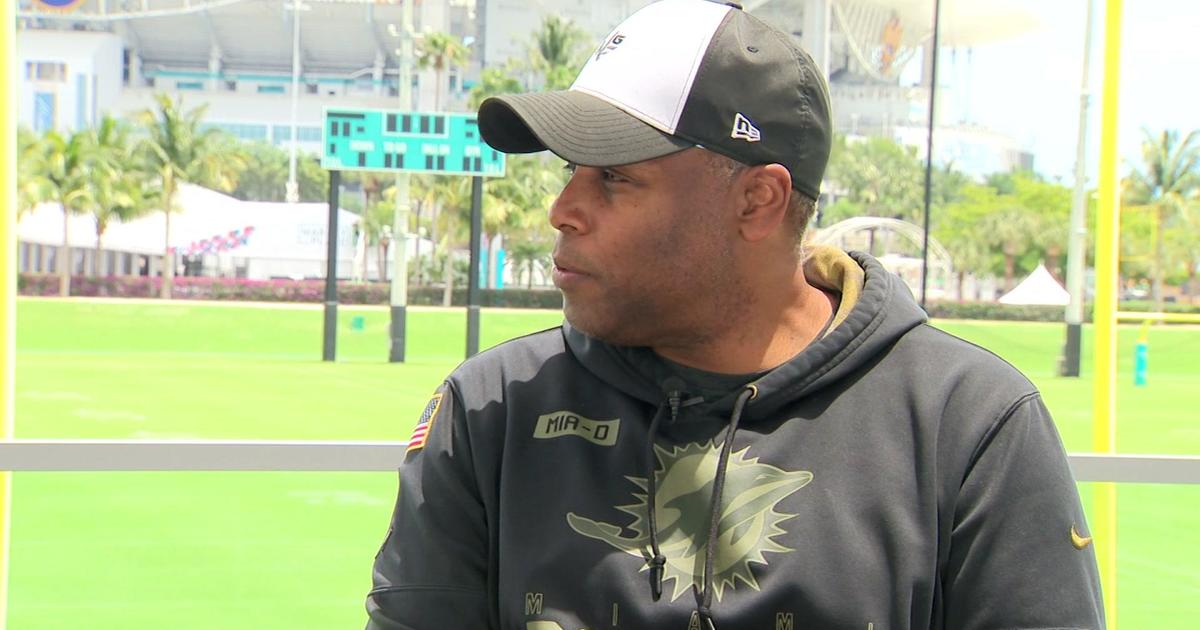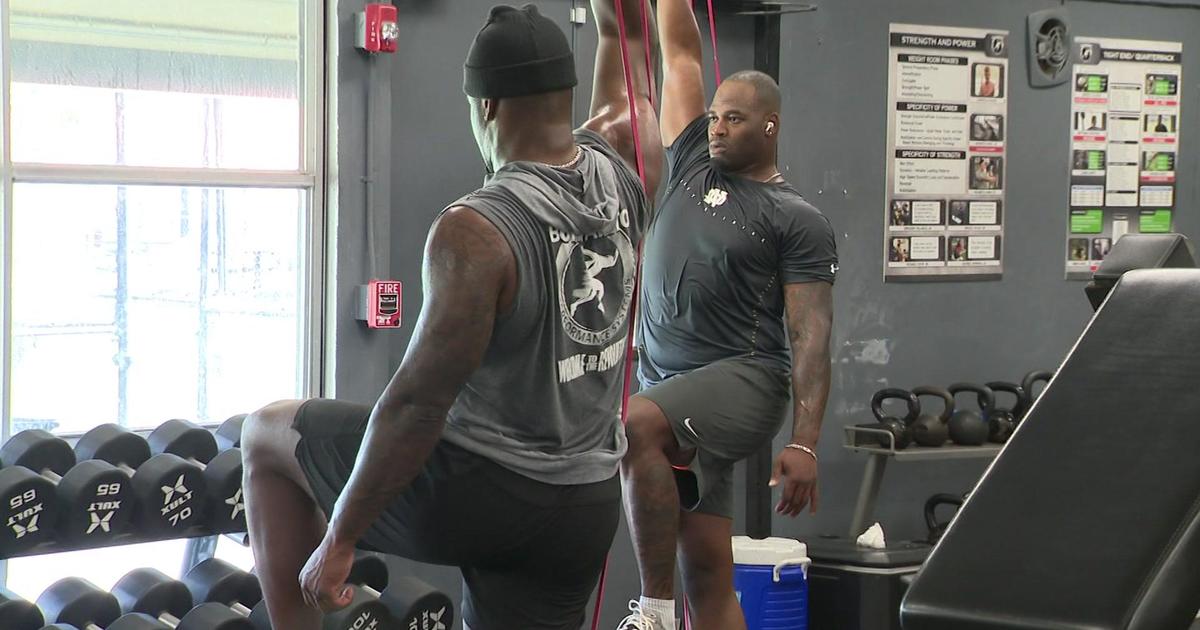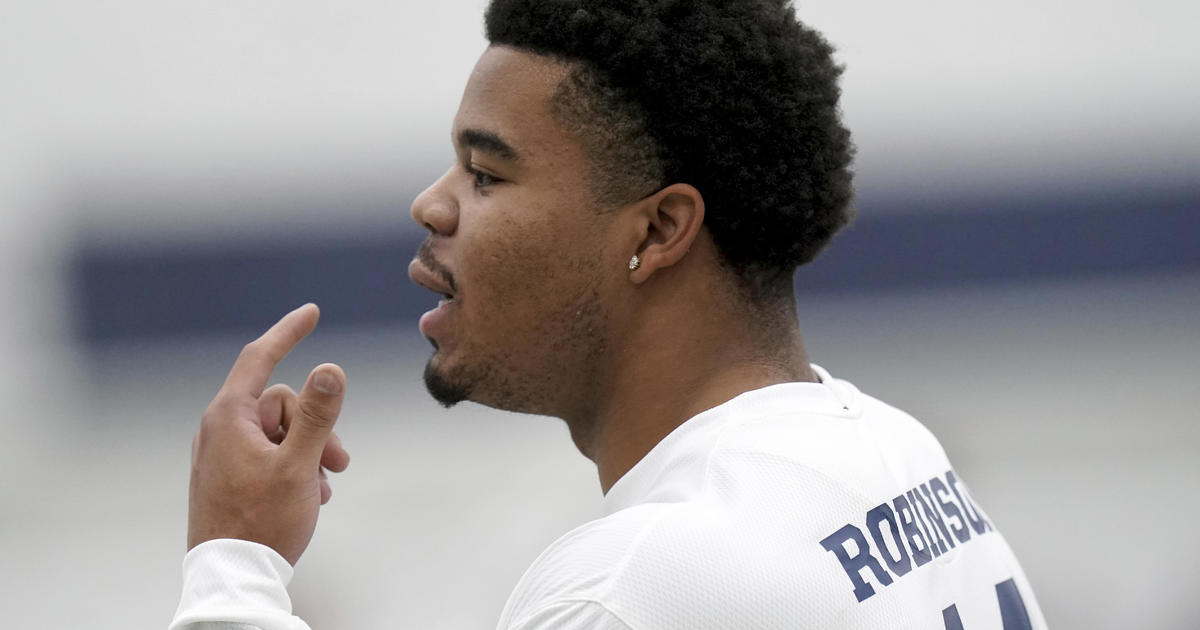Study Links Contact Sports And Brain Damage
BOSTON, Mass. (CBSMiami) – Researchers at Boston University have found evidence that years of blows to the head in football and other sports leads to a distinct pattern of brain damage can eventually turn into dementia.
All total, the Boston University researchers have found 50 confirmed cases of former football players who have CTE, chronic traumatic encephalopathy. CTE is linked to memory loss, depression, and dementia.
Overall, of the 34 brains belonging to former NFL players the Boston University researchers have examined, 33 had CTE, according to ESPN.com. Forty percent of the cases in former NFL players came from linemen. According to ESPN.com, that suggested repeat head trauma may be the biggest risk, not one single violent collision.
According to the study, which is published in the journal Brain, CTE progresses through four stages. Stage one includes headache and loss of attention; while stage two patients may face depression, outbursts of anger and short-term memory loss, according to Reuters.
Stage three of CTE includes executive dysfunction and cognitive impairment while stage four includes dementia, aggression, and difficulty finding words, according to a Reuters report.
The issues of CTE and repeated blows to the brain have prompted youth football and the NFL to severely curtail hitting in practices. College football, specifically the NCAA, has placed few limitations on the amount of hitting allowed during regular practices.
CTE became a national health issue after the deaths of several former star players in the NFL. Among them were former Pittsburgh Steelers center Mike Webster, former Chicago Bears safety Dave Duerson, and former San Diego Chargers linebacker Junior Seau.
Webster was not diagnosed in Webster in 2005 by a Pittsburgh Steelers pathologist. Webster played football for 25 years between high school and the end of his professional career.
The biggest problem with CTE is that it can't be diagnosed until after death. BU researchers said they were working on a test for the living using magnetic resonance imaging (MRI), according to the Reuters report.
Boston University professors said that not all athletes playing football and other contact sports would develop the condition and parents shouldn't prevent their kids from playing football. Instead, BU researchers said to monitor the game and how it's played, according to Reuters.



